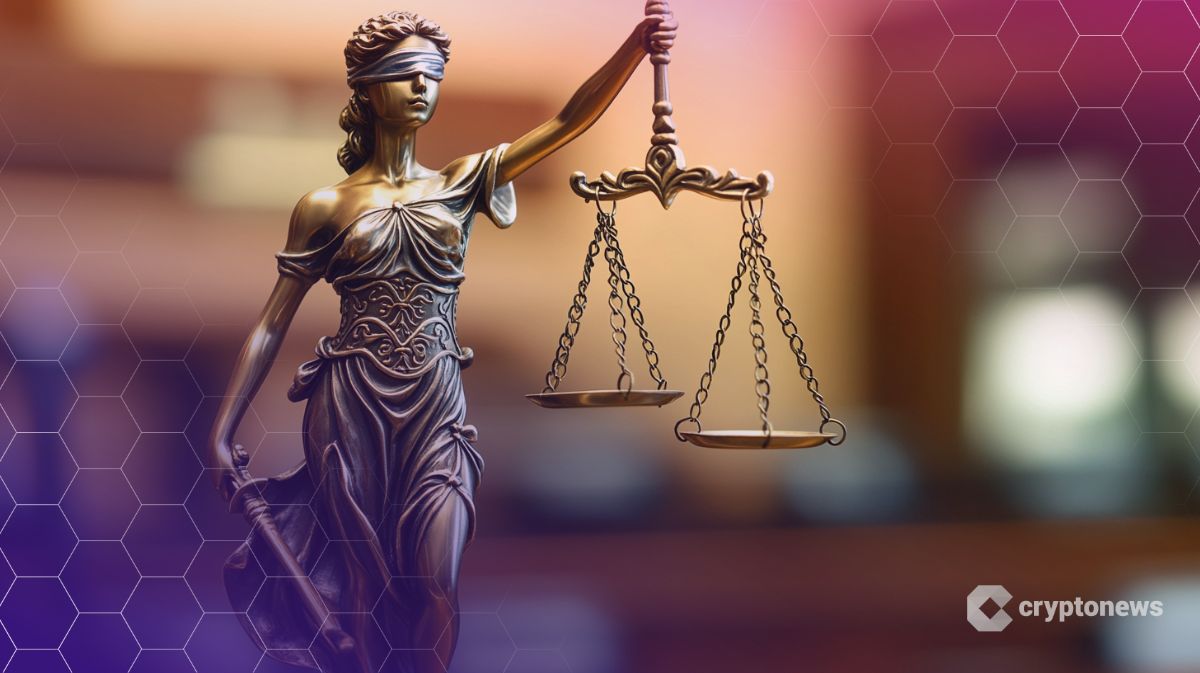China’s overseas sales of rare-earth products hit a record in August, just days before an expected phone call between Xi Jinping and Donald Trump that could touch on the sensitive materials at the heart of high-tech manufacturing and defense.
Shipments of rare-earth products, including high-performance magnets used in consumer electronics and fighter aircraft reached 7,338 tons last month, according to Bloomberg calculations based on government data.
It marks the highest monthly level since early 2012 in the available records. The surge follows a steep drop earlier this year after Beijing curbed some rare-earth exports amid a growing trade dispute with the US. A pause in tensions followed. Following talks in Madrid this week, President Trump said he intends to hold a phone call with President Xi on Friday.
Beijing’s rare earth rules tightened in April, cutting trade. Cryptopolitan earlier reported when China set export controls in response to higher U.S. tariffs and limits on technology transfer by Western nations. China supplies over 70% of rare earths and handles about 90% of processing.
The Ministry of Commerce said the measures protect national security. New licenses slowed approvals, slashing shipments in April and May. The delays disrupted supply chains and forced auto makers outside Beijing to pause output for shortages. In July, the European Parliament urged the EU to bolster key strengths and warned China’s licensing rules seek sensitive data.
Germanium demand overwhelms supply chains
Pressure is also building in another corner of the strategic metals market. Chinese limits on exports of germanium, a metal vital for military thermal-imaging systems found in fighter jets and other equipment, have created a sharp supply squeeze and driven prices to their highest level in at least 14 years, traders say.
Beijing announced in 2023 that it would halt exports of germanium, gallium and antimony after the US and the Netherlands imposed restrictions on advanced chips and chipmaking gear.
Traders and analysts said the germanium pullback accelerated from the end of 2024. Terence Bell of Strategic Metal Investments said he has been unable to buy germanium for at least six months because flows from China have “completely dried up.” “I spent my whole summer taking 2-3 [enquiries] a day from companies looking for germanium,” he said. “It’s desperate out there.”
An analysis by Silverado Policy Accelerator found that US imports of germanium from China fell about 40% between January and July compared with the same period in 2024. Prices have soared in response.
Germanium shortage hits defense industry
On Wednesday, germanium was close to $5,000 per kilogram, up from just over $1,000 at the start of 2023, according to Fastmarkets. The September price is the highest the agency has recorded since its data series began in 2011 as reported by FT.
“Almost everybody is approaching us” and there is “panic” in the market, one executive at Tradium said, adding the company cannot fulfill “all the enquiries we’re getting.” The cutoff “devastated the ability for there to be a functioning spot market,” said Aaron Jerome, a trader at Lipmann Walton & Co. “People we used to be able to buy 100kg from, we’re lucky now if they can give us 10kg, and the price is three to four times higher.”
Germanium is not rare in a geological sense, but it is tough and costly to produce. It is usually recovered as a byproduct of zinc processing and from coal fly ash, limiting the speed at which supply can respond. Russia has been a source of the metal in the past, but sanctions following its full-scale invasion of Ukraine have added to shortages in western markets.
In August, US defense contractor Lockheed Martin announced a supply agreement with Korea Zinc. Because defense companies have often left germanium procurement to subcontractors, the move was seen by traders as a sign of how tight the market has become. Fastmarkets estimates global germanium demand at about 180 to 200 tonnes a year.
Don’t just read crypto news. Understand it. Subscribe to our newsletter. It’s free.
Source: https://www.cryptopolitan.com/chinas-mineral-shake-global-tech-defense/


